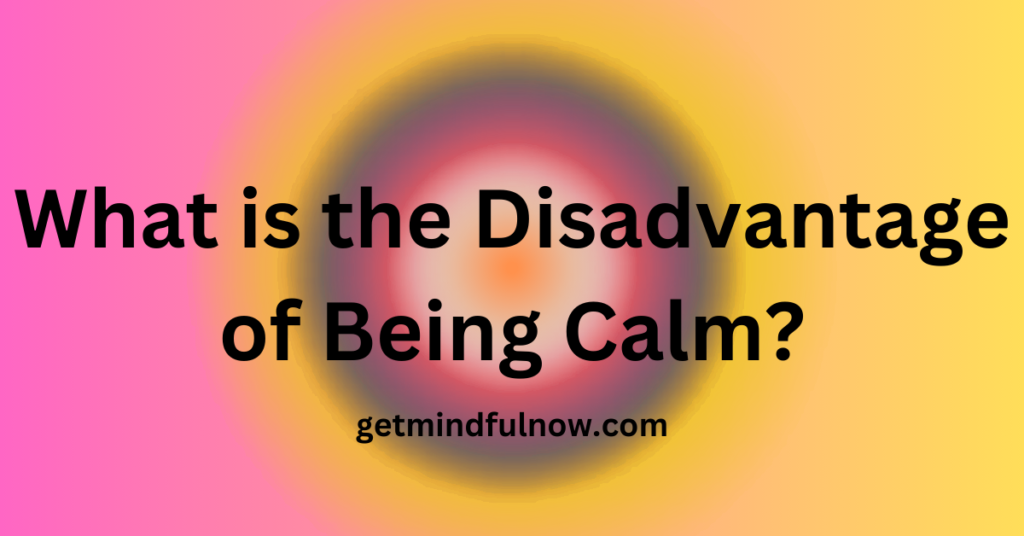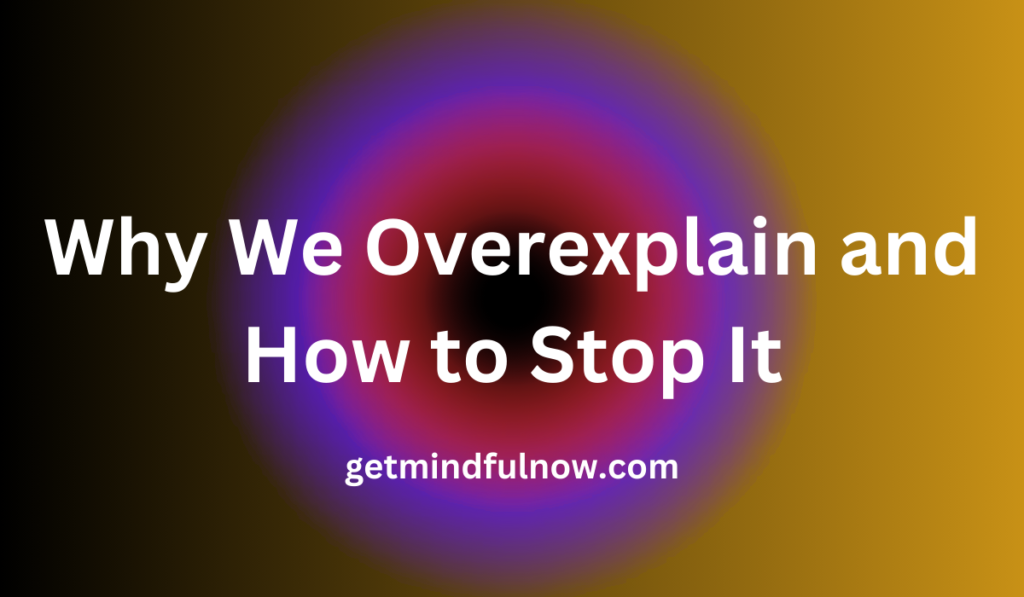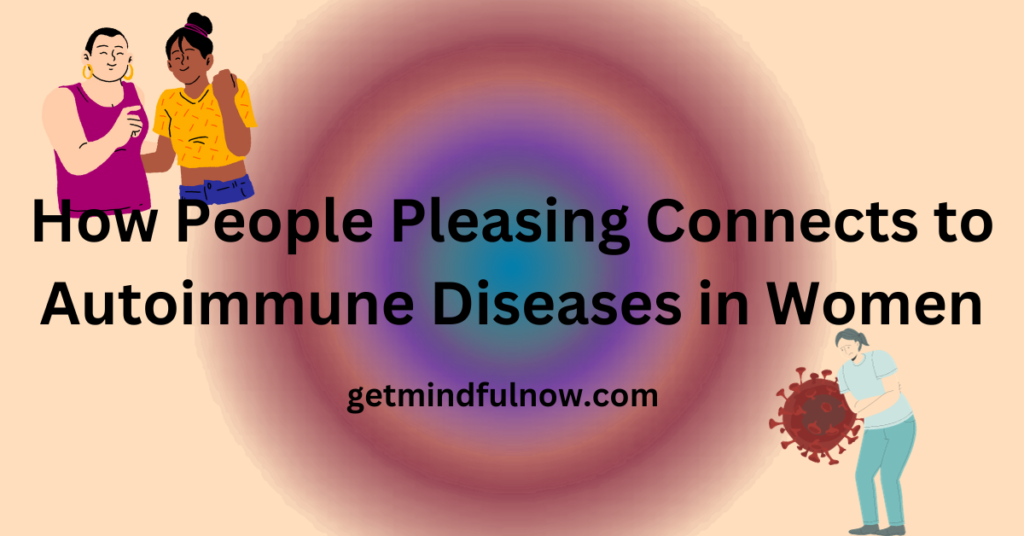In my journey of self-awareness, I became familiar with the countless benefits of meditation. However, I struggled to find an answer to my question: “Does Meditation Cure Your Brain Fog?”
After researching the topic, I found out that meditation can cure brain fog if you understand the proper techniques and methods.
Table of Contents
Understanding Brain Fog
Brain fog is a prevalent experience characterized by a lack of mental clarity, difficulty concentrating, and a sense of haziness in one’s thinking. It can manifest as forgetfulness, confusion, or an inability to focus on tasks, impacting both work and personal life.
To find the complete answer to “Does Meditation Cure Your Brain Fog”? Keep reading till the end…
What Causes Brain Fog?
Various factors contribute to brain fog, including stress, sleep deprivation, hormonal changes, nutritional deficiencies, medication side effects, and underlying health conditions like chronic fatigue syndrome or fibromyalgia.
Definition of Brain Fog
Brain fog can be described as a cognitive impairment that affects memory, decision-making, and overall mental acuity.
How does mindfulness affect the brain?
Mindfulness practices, such as meditation, yoga, and deep breathing exercises, play a pivotal role in reducing stress levels and enhancing mental clarity.
Keeping in view the impact of mindfulness you can understand that; Meditation does Cure Your Brain Fog.
Role of Meditation in Alleviating Brain Fog
Among these mindfulness techniques, meditation stands out as a powerful tool in combating brain fog.
By using your breath as your point of focus and practicing to clear your mind, you can lower your brain waves and significantly improve cognitive function.
Scientific Evidence Supporting Meditation and Brain Fog
Studies1 have shown a direct correlation between regular meditation practice and increased brain function. MRI scans of individuals engaged in long-term meditation reveal structural changes in the brain associated with improved attention and memory.
Will meditation help me clear up my brain fog?
Meditation helps clear brain fog by promoting relaxation as it slows the brain waves, reducing stress hormones like cortisol, and enhancing neural connections related to attention and memory.
Personal Experience
I was having trouble concentrating on tasks that required focus, and my mind was frequently distracted.
Even remembering where I left my phone became a challenge, and when it came to choosing something, like an ice cream flavor or sides for my meal, I was always confused about what to select until I started meditating.
I began meditating not only to address the brain fog issue but also a substantial list of psychological, emotional, and physical problems. You can read about me or my journey Here.
Eventually, my concentration improved as I continued meditating regularly for at least 8-10 weeks.
Tips for Starting Meditation Practice
For those new to meditation, starting with short sessions, finding a quiet and comfortable space, and using guided meditation apps or tutorials can ease the process.
You can use the basic guided meditation link below.
How long does it take for meditation to help me get rid of brain fog and to remember stuff?
People always ask “Oh, I did the meditation, but saw no changes in my condition, how long does it take for meditation to help me get rid of brain fog and to remember stuff?”. I always reply “Oh, you’re not that good enough, keep doing.”
The reason is that consistency is key. While the duration needed for noticeable improvements varies among individuals, regular and sustained practice over weeks or months yields the most significant benefits.
I was very skeptical about meditation as it took longer than expected to feel any changes. However, with consistent practice, I was able to see the benefits.
Other Strategies to Combat Brain Fog
When experiencing symptoms of a condition, I recommend always seeking a holistic approach. Avoid labeling yourself and solely relying on medical opinion.
Also, I wouldn’t suggest that meditation alone will completely alleviate brain fog. In addition to meditation, lifestyle adjustments such as maintaining a balanced diet, staying hydrated, getting adequate sleep, and regular exercise can complement efforts to alleviate brain fog.
Conclusion
Meditation emerges as a valuable and accessible tool in combating brain fog. Its ability to enhance mental clarity and focus, supported by both scientific evidence and personal experiences, makes it a promising practice for individuals seeking relief from cognitive challenges.
The journey toward a clearer mind often begins with a single breath; a step into the realm of mindfulness.
This article aimed to demystify the impact of meditation on brain fog, highlighting its potential as a valuable tool for improving cognitive function and fostering mental clarity in everyday life.
FAQs
1. What is the definition of brain fog?
Brain fog refers to a state of mental haziness, difficulty concentrating, and impaired cognitive function.
2. How does mindfulness affect the brain?
Mindfulness practices like meditation reduce stress, enhancing cognitive functions like memory and attention.
3. Will meditation help me clear up my brain fog?
Yes, consistent meditation practice can significantly aid in clearing brain fog and improving mental clarity.
4. Duration & Consistency in Meditation
The duration varies among individuals, but consistent practice of meditation for at least 8-10 weeks often leads to noticeable improvements.
5. How do I start meditating?
Start with short, guided sessions in a quiet space to ease into the practice.
Remember, incorporating meditation into your routine can be transformative for mental clarity and overall well-being. Start your journey towards a clearer mind today!
Share your experience of overcoming brain fog if you ever had it in the comments, and I would love to discuss the topics!
- Hausswirth C, Schmit C, Rougier Y, Coste A. Positive Impacts of a Four-Week Neuro-Meditation Program on Cognitive Function in Post-Acute Sequelae of COVID-19 Patients: A Randomized Controlled Trial. Int J Environ Res Public Health. 2023 Jan 11;20(2):1361. doi: 10.3390/ijerph20021361. PMID: 36674117; PMCID: PMC9858974. ↩︎





